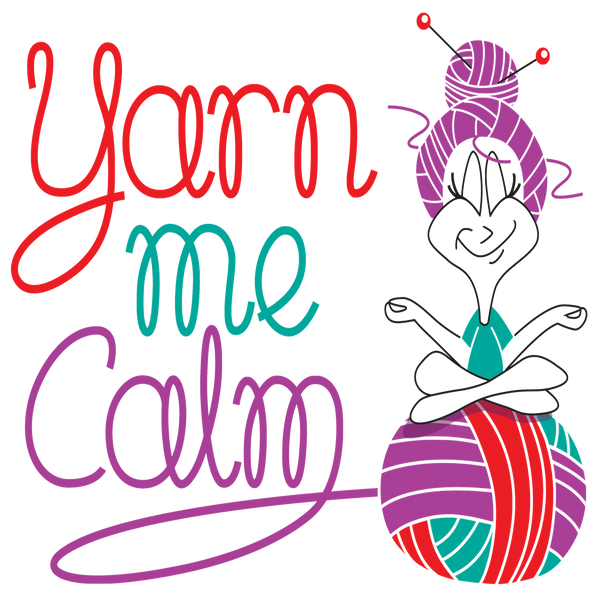
This yarn is woolly soft, why?
Andrea ClementsShare
I was recently asked the difference between two of our yarns, both beautiful wools, and why one of them was softer and squishier than the other!
So I thought I would offer a brief explanation!
When it comes to wool, there are a few key factors that determine its quality, softness and squishy factor! One of the most important aspects is the micron count. But what exactly is a micron?
What is a Micron?
A micron is a unit of measurement used to determine the diameter of wool fibres. Specifically, it measures the thickness of the fibre. The lower the micron count, the finer the wool. Fine wool with a low micron count is often softer and more luxurious.

What is the Best Quality Wool?
When it comes to determining the best quality wool, many experts look for fibres with a low micron count. Wool with a micron count of 18.5 or less is considered to be of high quality. This finer wool is often used in luxury garments and textiles due to its softness and warmth.

Merino vs. Normal Wool: What's the Difference?
Merino wool is a type of wool that comes from Merino sheep, known for their fine, soft wool fibres. Merino wool typically has a lower micron count, making it incredibly soft and comfortable to wear. On the other hand, normal wool can come from a variety of sheep breeds and may have a higher micron count, resulting in a coarser texture.
When choosing between Merino and normal wool, it ultimately comes down to personal preference. If you're looking for a soft, luxurious feel, Merino wool may be the best choice. However, if you prefer a more durable, rugged wool, normal wool may be more suitable.
Understanding the science behind wool, including micron count and the differences between Merino and normal wool, can help you make informed decisions when selecting wool products. Whether you're shopping for clothing, blankets, or other wool items, knowing what to look for in terms of quality can ensure you get the best product for your needs.

And the next question was...Ok then, what about the difference between alpaca and merino?
When it comes to choosing the perfect yarn for your next project, the debate between alpaca and merino is a common one. Both fibres have their own unique qualities that make them popular choices among knitters and crocheters. So, what exactly sets alpaca and merino apart? Let's dive into the differences.

Alpaca: Softness and Insulation
Alpaca wool is known for its incredible softness, making it a luxurious choice for garments and accessories. The fibres are also naturally hypoallergenic, making them a great option for those with sensitive skin. In addition to its softness, alpaca wool is excellent at retaining heat, providing exceptional insulation on chilly days.
Alpaca micron measurement is typically determined through a process called micron testing, where a sample of fibers is analyzed to calculate the average diameter. This measurement provides valuable insight into the overall quality of the alpaca fiber and helps manufacturers make informed decisions about how to best utilize the material.
Alpaca fibers are commonly categorized into three main micron categories: baby alpaca (under 20 microns), superfine alpaca (20-22.9 microns), and adult alpaca (23-26 microns). Each category offers unique characteristics and is suited for different types of products, ranging from delicate garments to durable textiles.

Merino: Versatility and Breathability
Merino wool, on the other hand, is prized for its versatility and breathability. The fibres are incredibly fine, making them perfect for creating lightweight, yet warm garments. Merino wool is also known for its moisture-wicking properties, keeping you dry and comfortable in a variety of climates. Additionally, merino wool is naturally odour-resistant, making it a great choice for active wear.

The Verdict
So, which wool is the winner in the alpaca vs. merino debate? It ultimately comes down to personal preference and the intended use of the finished project. If you're looking for a super soft, insulating wool for cozy winter knits, alpaca is the way to go. On the other hand, if you need a versatile, breathable wool for a range of projects, merino is the clear choice.
Whether you choose alpaca or merino, both fibres offer unique qualities that make them stand out in the world of yarn. Experiment with both to see which one suits your needs and preferences best!
